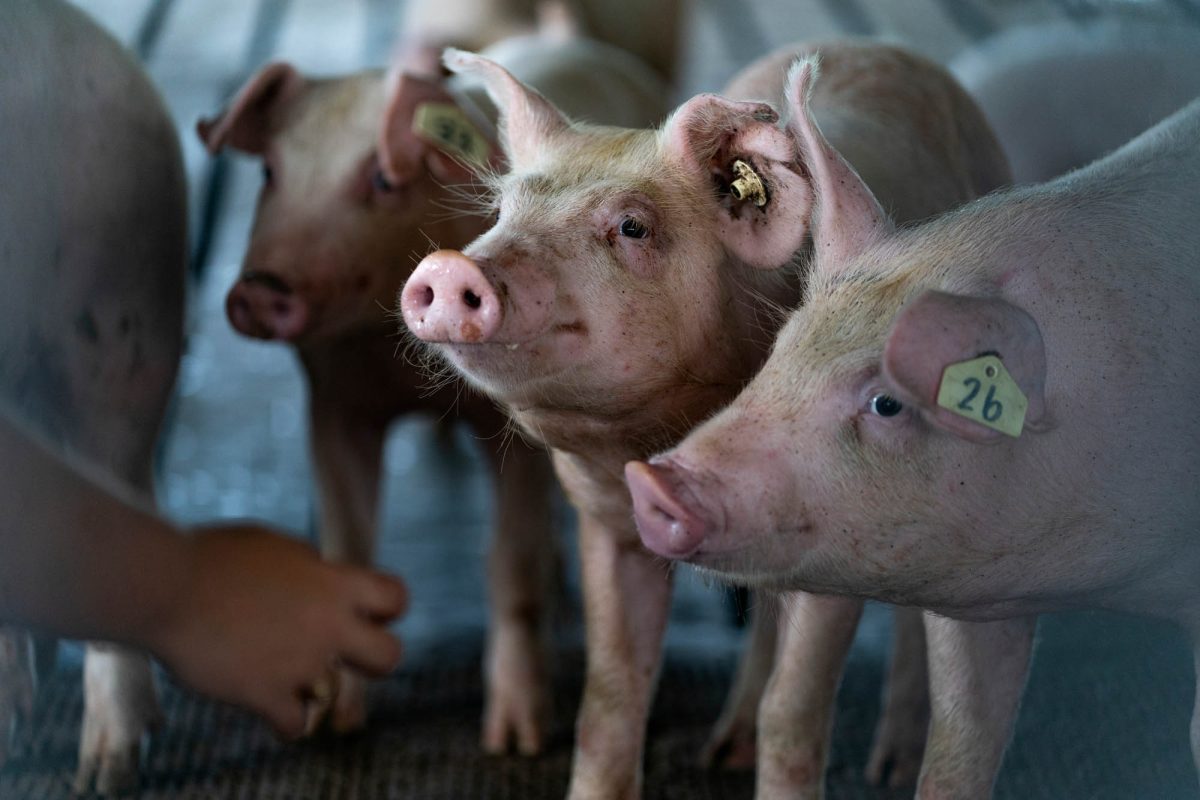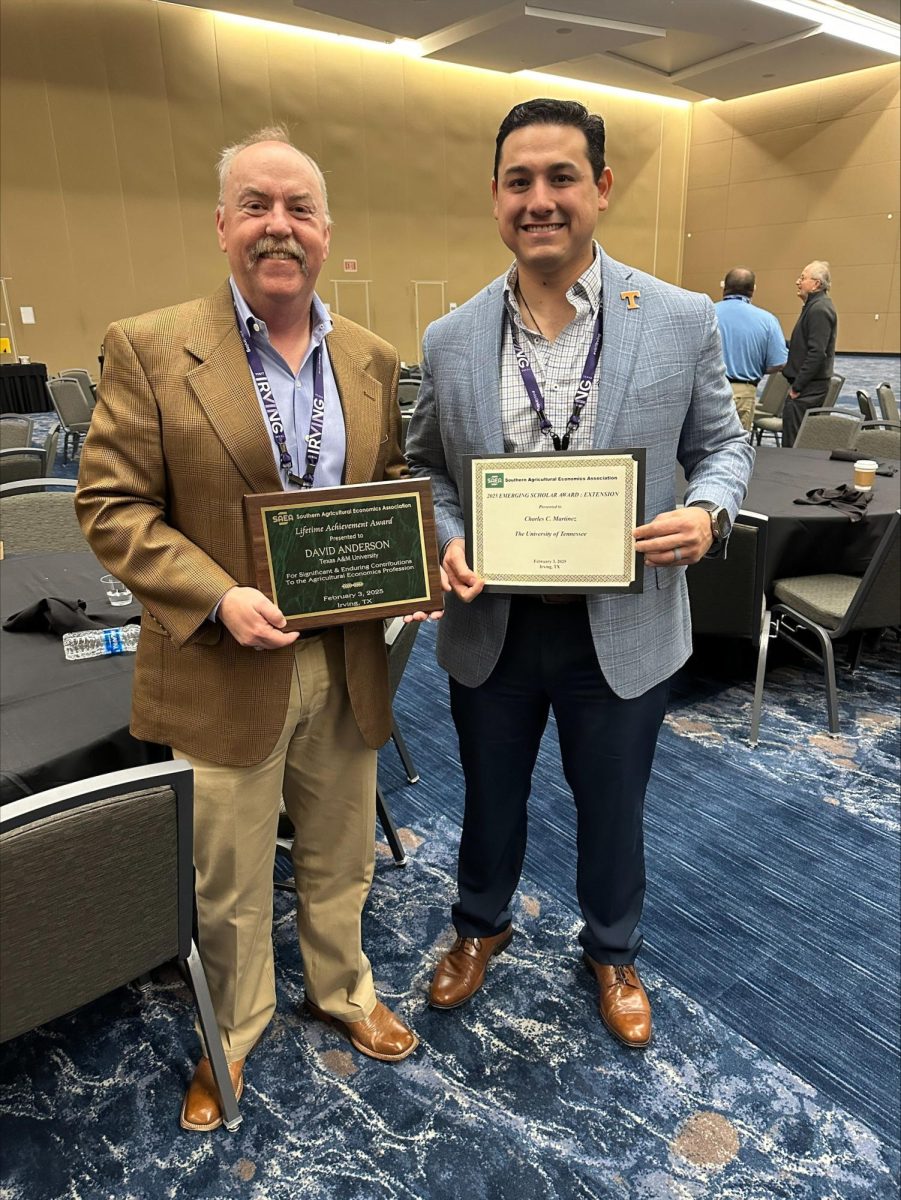COVID-19 has been a part of everyday life for over a year, and the effects of this disruption extend beyond mask mandates and social distancing.
Many individuals have experienced what has been nicknamed “pandemic fatigue,” which refers to the mental and emotional exhaustion caused by adjusting to pandemic challenges, Dr. Paul Nestadt, assistant professor in the Department of Psychiatry and Behavioral Sciences at Johns Hopkins University, said in an Everyday Health article. Along with mental health implications, pandemic fatigue can also lead to a lack of motivation to follow prevention measures put in place, according to the World Health Organization, or WHO.
“Pandemic fatigue is an expected and natural response to a prolonged public health crisis — not least because the severity and scale of the COVID-19 pandemic have called for the implementation of invasive measures with unprecedented impacts on the daily lives of everyone, including those who have not been directly affected by the virus itself,” a WHO press release on COVID-19 fatigue from October 2020 reads.
Associate Director of Suicide Prevention and licensed professional counselor for A&M’s Counseling & Psychological Services, or CAPS, Santana Simple said it is completely normal for people to struggle with the continual adjustments made due to the pandemic. Simple said the start of the pandemic cut individuals off from coping mechanisms. Without these coping mechanisms in place, fear flooded into people’s lives, resulting in a lot of social unrest and instability.
“It took away from the comforts and normalcy that we knew and replaced it with this abrupt new normal,” Simple said. “All these things are driving to a higher distress level for people. With the heightened news and other factors, it made a lot of folks come face to face with their fears.”
Simple said in the past year, people with preexisting conditions, in particular, have experienced more intense and lasting effects of pandemic fatigue.
“If someone was already struggling with social anxiety before the start of the pandemic and now they’re isolated and alone, that’s not a good combination,” Simple said. “There was an initial study with Active Minds in May [2020] that surveyed college students, and 80 percent of college students in the study said the pandemic has negatively impacted their mental health.”
Mental health resources are scarce in Texas, Simple said. Though CAPS was prepared and accessible to students from the start, she said, the community is a “mental health resource desert” and counseling services over Zoom do not have the same effect as in-person appointments. However, Simple said there are ways for individuals to combat pandemic fatigue and its resulting mental health struggles.
“Sometimes students don’t engage in self-compassion and acknowledge how hard this actually is,” Simple said. “When you acknowledge how hard it is, you acknowledge what you need. Being creative and thinking about and prioritizing your self-care, recognizing there’s nothing wrong with you if you need [help] and being less critical of yourself is so important.”
Simple recommends individuals do self-assessments to evaluate the status of their mental health. She said life will never be less busy, so making time for self-care is necessary, whether it’s by finding ways to have safe in-person interactions or scheduling an appointment with a counselor.
Psychology senior Breana Goodman said the pandemic has made day-to-day life more difficult for her, especially as a student. She said spending hours behind a computer screen for classes and having very limited interactions with her social groups has been draining for her and many others.
“I haven’t seen some of my friends in over a year and lots of them function as my support system,” Goodman said. “It has led to me losing motivation and just feeling like every single thing is out of my control. It’s hard to see the light at the end of the tunnel when I’ve spent my senior year dealing with all the barriers of COVID[-19] and have no idea when it will end.”
For more information about CAPS or to schedule an appointment, visit their website.
Fighting pandemic fatigue with self care
March 18, 2021
0
Donate to The Battalion
$2790
$5000
Contributed
Our Goal
Your donation will support the student journalists of Texas A&M University - College Station. Your contribution will allow us to purchase equipment and cover our annual website hosting costs, in addition to paying freelance staffers for their work, travel costs for coverage and more!
More to Discover










